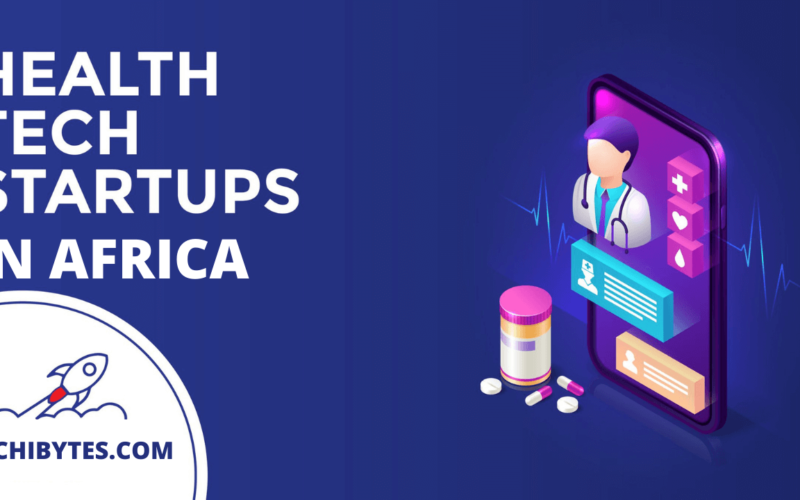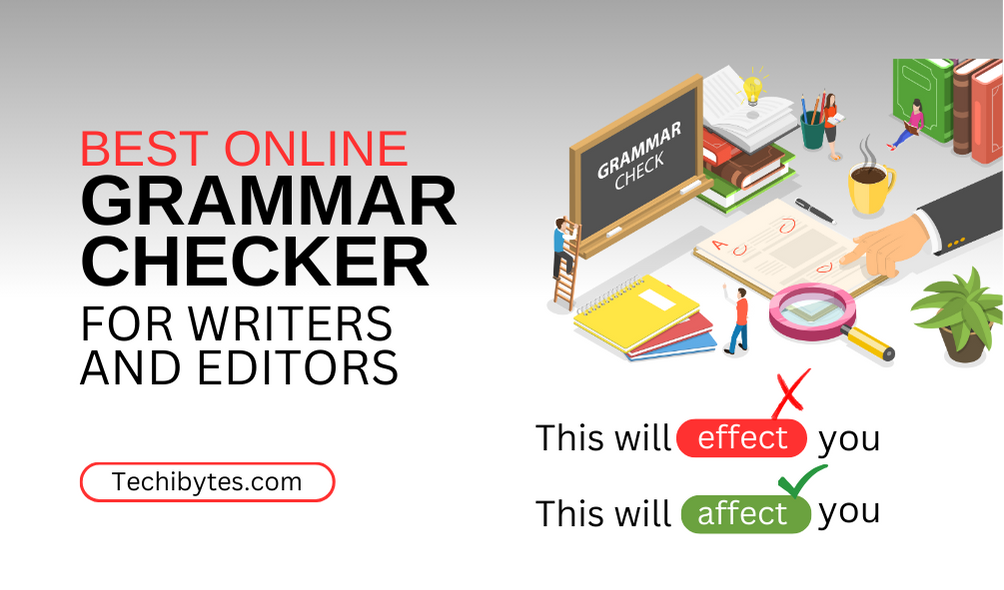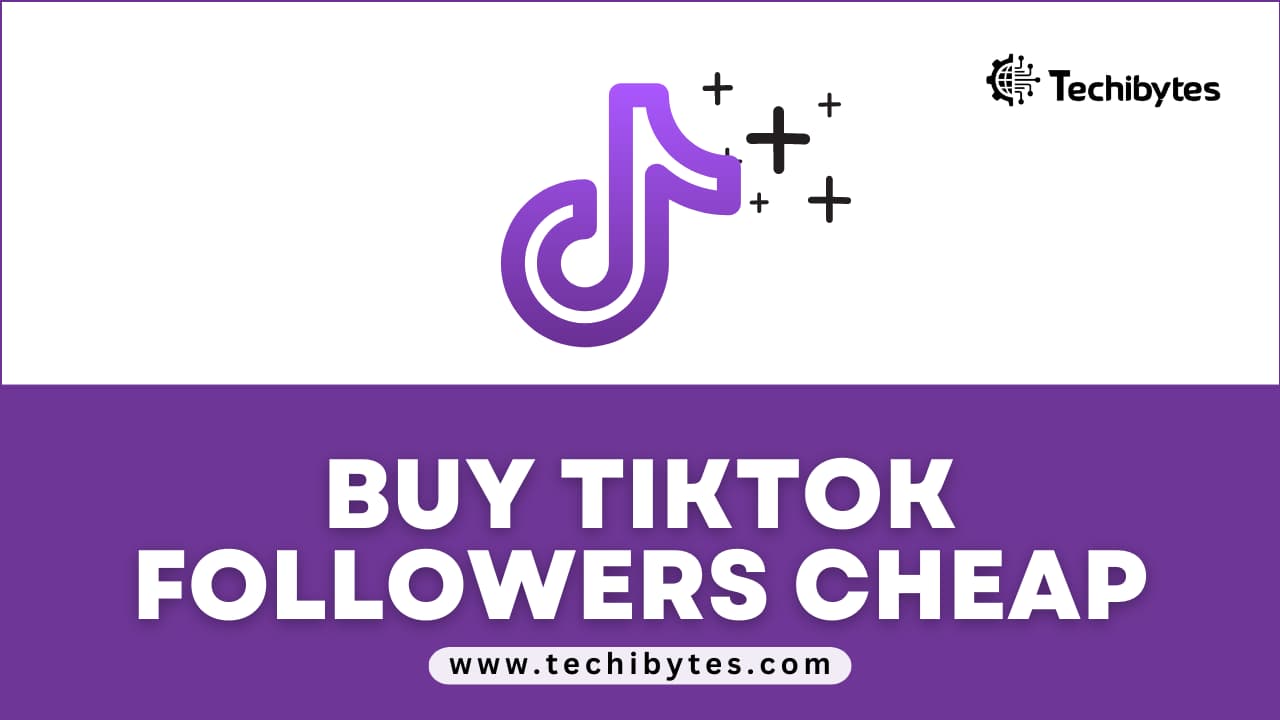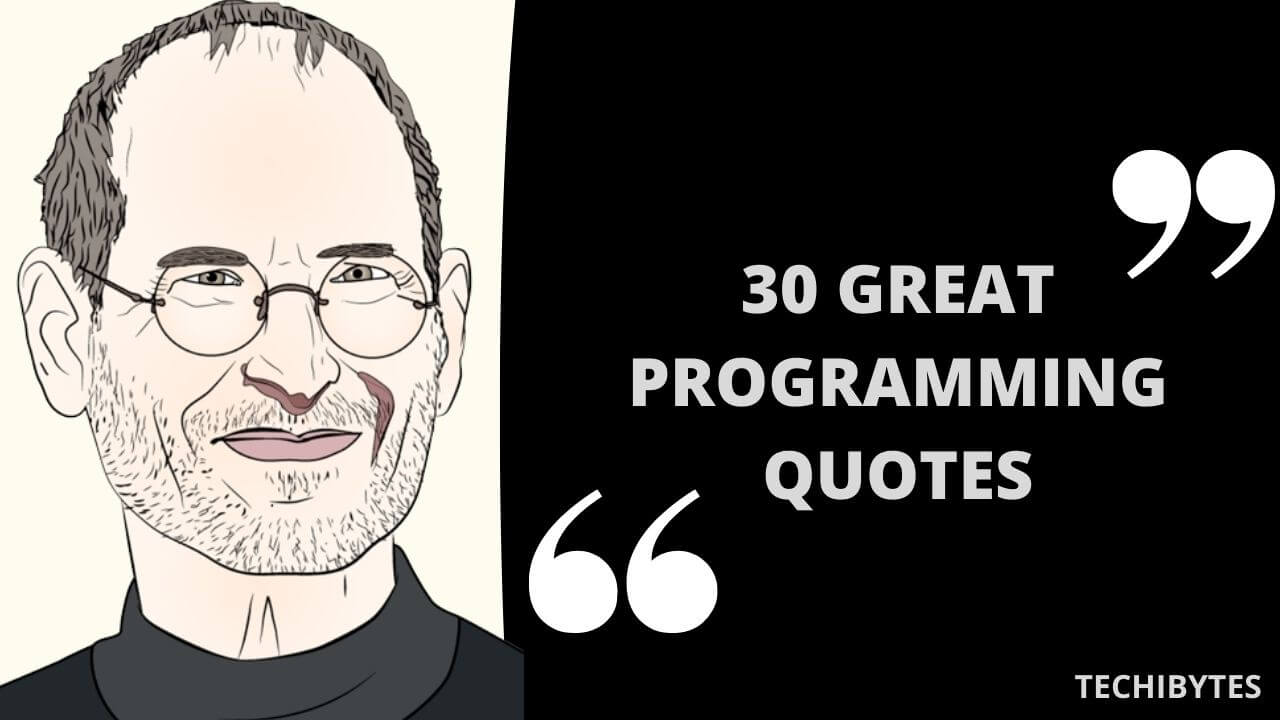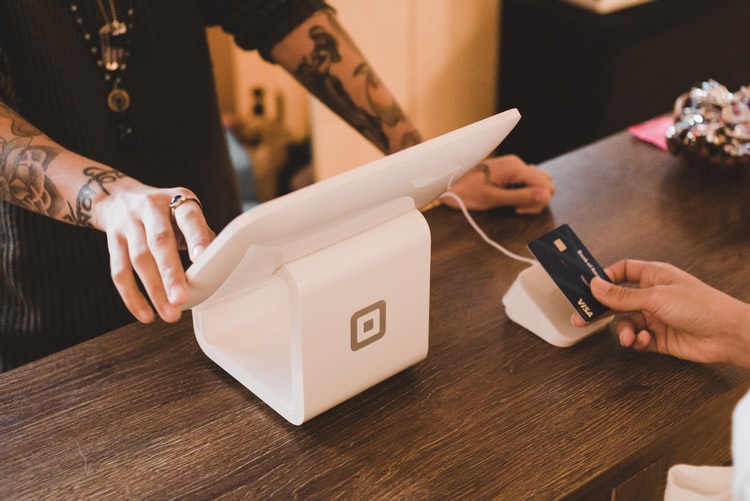In comparison to the majority of the globe, Africa still has a significant way to go in terms of health technology startups. There are persisting difficulties such as the poor doctor-to-population balance still to be solved. With the disruption generated by Covid-19, it’s a fantastic moment to feature several healthcare technology companies delivering creative solutions to the challenges bedeviling Africa’s healthcare sector.
Before moving further as to identify the leading health technology startups, it is necessary to understand the purposes of these firms, and in what aspect these functions are applied.
FUNCTIONS OF HEALTH TECHNOLOGY STARTUPS
Administrative
Numerous tools, technologies, and programs are assisting hospitals in managing their rising administrative responsibilities. AI is helping managerial teams manage patient flows by doing anything from precisely estimating wait times to forecasting high rush hours for staff scheduling.
Meanwhile, applications are asking patients basic questions and prioritizing appointments so physicians can utilize their time more efficiently.
Surgery
Surgery has experienced some of the largest breakthroughs in health technology efficiency and development throughout the years. Robots are aiding with a range of operations, from simple non-invasive treatments to open-heart surgery. These robotic surgical helpers come in various forms and dimensions, ranging from the small bot that crawls the surface of the heart to a huge arm that works like an extra pair of hands during treatments.
Robots aren’t the first gadget to penetrate the operating room, though. Virtual and augmented reality are allowing doctors and surgeons to better execute numerous vital duties, like rehearsing new surgical methods or more clearly explaining operations to patients.
Drug Development
The pharmaceutical industry is counting on AI and machine intelligence to power a new generation of medication research and development. These techniques are presently being utilized in several areas throughout the business to assist speed up time-consuming operations like detecting specific chemical combinations that can help build the perfect medicine and selecting patients who could truly benefit from a certain drug study.
Fitness
Fitness is certainly becoming a major emphasis of the health technology ecosystem. The industry has produced hundreds of wearables, applications, and other technologies that do anything from track our exercises to assess our sleep habits, all in the name of promoting fitness and decreasing unnecessary expenses on the healthcare system.
Diagnostics & Error Reduction
The healthcare sector is increasingly adopting several digital solutions to combat one of its biggest problems: inaccurate or delayed diagnosis. By incorporating technology into genetics, pathology, and other critical diagnostic areas, health technology companies have aided in the early and accurate diagnosis of deadly illnesses such as cancer.
Mental Health
Mental health is among the developing domains of healthcare genuinely profiting from an infusion of technology. Through exposure treatment, patients progressively train their brains to build up a tolerance to prior traumas until those ideas no longer adversely impact them.
Furthermore, telemedicine applications have made access to counselors and healthcare experts simpler by opening the channels of communication and assistance and minimizing the need to wait for an in-person visit during times of pressure.
TOP 1O HEALTH TECHNOLOGY STARTUPS IN AFRICA
Here are ten health technology startups that are upending the status quo and attempting to change the bad narrative surrounding Africa’s health care.
1. Helium’s Health
Helium Health, founded in 2016 by Adegoke Olubusi, Dimeji Sofowora, and Tito Ovia, is West Africa’s leading provider of Electronic Medical Records (EMR) and Hospital Management Information (HMI) Systems.
At the time, Helium Health operated in Nigeria, Ghana, Senegal, Liberia, Kenya, and Uganda. It now has around 500 healthcare facilities on board. Over 7,000 medical experts from these facilities currently treat over 300,000 patients regularly. Helium Health has raised a total of $12.2 million in investment.
It assists hospitals in tracking statistics, maintaining a digital payment system, and obtaining financing. Additionally, it enables health facilities to establish a telemedicine platform, allowing them to communicate with patients virtually. It is unusual to see firms in failing economies such as Nigeria acquire those in more stable and prosperous nations such as Qatar and the United Arab Emirates.
However, Helium Health achieved just that when it purchased Meddy, a doctor booking network headquartered in Qatar and operating in the United Arab Emirates, for an unknown sum. This transaction marked the business’s entry into the Middle Eastern market, an unusual development for an African medical technology company.
2. mPharma
mPharma, created in 2013 by Ghanaian businessman Gregory Rockson, is laying the framework to become the leading electronic prescription platform in emerging markets, with a particular concentration on Africa.
mPharma interacts with prominent pharmaceutical companies, insurance firms, banking institutions, and governments in Nigeria, Ghana, and Zambia to supply pharmaceuticals directly to clients. mPharma has provided over one million prescription medicine units to over 20,000 individuals at a 30% discount to market retail rates.
mPharma’s primary objective as it prepares to grow from 30 to 80 hospitals is to modernize its existing procurement and inventory management procedures and technologies. mPharma raised a $17 million Series C financing during the current worldwide epidemic, backed by British International Investment (previously CDC Group) and Novastar. mPharama’s network includes over 850 pharmacies and 155 hospitals.
3. 54Gene
54Gene is an African testing and molecular diagnostics company founded in January 2019 by Abasi Ene-Obong (CEO), Damilola Oni, Gatumi Aliyu, and Ogochukwu Francis Osifo. The firm is actively collaborating with over 300 academics, doctors, and geneticists throughout Africa on the establishment and maintenance of an African biobank.
In September, the business secured $25 million in Series B investment, a significant figure for a health technology startup, especially considering fintech’s overwhelming domination in the African technology market. 54 Gene presently has a total investment of more than $45 million in less than two years of operation.
Apart from extending its sequencing, target identification, and validation capabilities, the business claims the new money will be used to fund precision medicine clinical trials in Africa, allowing medication discovery for both the African and global populations.
To finish off an amazing year, 54 Gene established the 7RiverLabs diagnostic facility to provide rapid and economical diagnostic services throughout Africa. The diagnostic laboratories are equipped with cutting-edge technology and are designed to give healthcare practitioners and patients world-class, cost-effective, rapid, reliable, and sophisticated molecular diagnoses.
4. DrugStoc
Each year, approximately 100,000 people die in Africa as a result of counterfeit and poor medication due to unpredictable supply systems. DrugStoc is addressing this issue. Chibuzor Opara and Adham Yehia launched DrugStoc in 2015. The firm’s history traces back to 2010 when the couple founded Integra Health, a hospital management firm based on Yehia’s master’s thesis proposal.
The start-up is transforming how healthcare professionals interact with the pharmaceutical industry. DrugStoc leverages outstanding technology, supply chain innovation, financing solutions, and product expertise to help emerging markets get access to drugs.
5. Chekkit
Chekkit, a Nigerian firm with an African emphasis, is attempting to address this issue of counterfeit drugs with its tracking and surveillance system. Dare Odumade and Jida Asare founded the firm intending to assure product integrity along the value chain.
Chekkit’s blockchain technology enables it to track premium packaged goods and items via the unique tamper-proof IDs it assigns to each product. These objectives are accomplished through the startup’s two solutions: Supply Chain Tracking and Consumer Intelligence.
The business claims that via collaborations with major pharmaceutical companies, it has obtained over 7 million pharmaceutical goods, safeguarding over 200,000 customers from the hazards of consuming counterfeit pharmaceuticals.
The firm secured $500,000 in a pre-seed round in August 2021. The investment will be used to bolster the company’s anti-counterfeiting and customer engagement efforts, as well as to develop powerful supply chain tracking and infrastructure optimization technologies, to directly protect up to 100 million lives worldwide.
6. Healthtracka
Healthtracka enables consumers to schedule health screening tests from the convenience of their homes and receive test results through email within 1-3 days. The health tests available include the COVID-19 polymerase chain reaction (PCR) test, a sexually transmitted illness test, and a full body examination. Before any test results are revealed, they are verified and certified to be correct by medical specialists.
Ifeoluwa Dare-Johnson founded the firm, which entered the Techstars Toronto Accelerator program in 2021, little than five months after its establishment. Additionally, in December of last year, it partnered with Fleri Inc., a United States-based insurtech company that allows immigrants to provide healthcare to relatives back home.
7. Nguvu Health
The firm, founded by Joshua Koya (CEO) and Tolulope Ogunjuyigbe, aims to recruit 1,000 therapists from throughout Africa by the end of 2021. Following the successful introduction of its mental health care answer across Africa, the firm, which touts itself as an e-mental health company, is now attempting to provide on-demand virtual counseling services to Africans situated anywhere in the world.
With little than 10% of mentally ill Nigerians receiving needed care and the nation having fewer than 150 psychiatrists, the business enables customers to easily obtain cheap therapy sessions from the convenience of their smartphones. Nguvu Health was accepted into the Google for Startups Accelerator, and great things are anticipated in the future years from the firm.
8. RecoMed
RecoMed is a platform that connects patients with healthcare experts in South Africa. Patients may use the app or website to search for and explore practitioner profiles, read reviews, and then book a real or virtual session. RecoMed has over 2,200 contracted healthcare practitioners and over one million monthly users.
9. GeroCare
Ebi Ofrey (CEO), Ajibola Meraiyebu (COO), and Bruce Lucas (CTO) founded the firm in 2017. The firm provides numerous options ranging from N30,000 for three quarterly medical appointments to N100,000 for twelve annual doctor visits.
GeroCare is devoted to providing high-quality, affordable care to older adults in Nigeria. The service is especially beneficial for those who live away from senior family members but want to ensure that they receive regular medical care.
GeroCare is one of very few health technology startups focusing only on the elderly. Additionally, it was selected into the Google for Startups Accelerator program’s 2021 batch.
10. Waspito
Jean Lobe Lobe founded Waspito in April 2020. It is a platform that integrates a variety of services – from telemedicine to drug delivery – as well as discussion forums in which practitioners offer advice to consumers. It is preventative rather than curative.
Waspito began in Cameroon, where it has amassed 30,000 subscribers. The startup aims to engage Africans in the discourse about advancing cheap, accessible, and high-quality healthcare throughout the continent.
Jean Lobe Lobe is unafraid of his ambition. Indeed, his objective is to establish a ‘Facebook for health.’ Waspito already has some significant supporters, including Orange, the French mobile provider, who contributed $500,000 in November 2020.
FAQ
1. How many healthcare start-ups fail?
80% of startups fail during the first two decades.
2. Why is health technology critical?
By eliminating medication mistakes, adverse drug responses, and noncompliance with practice recommendations, healthcare technology enhances patient safety. Without a question, health information technology is a critical instrument for enhancing the quality and safety of healthcare.
3. What impact will technology have on the future of healthcare?
In medicine and healthcare, digital technology has the potential to help transform unviable healthcare systems into sustainable ones, to level the playing field between patients and medical professionals, and to provide disease remedies that are less expensive, faster, and more effective – technologies that have the potential to win the battle against cancer.
4. What influence does healthcare technology have on the positions that exist across the industry?
The healthcare business has seen a dramatic and beneficial transformation as a result of technological advancements. Patients now have access to some of the most advanced diagnostic equipment, cutting-edge therapies, and a wide variety of minimally invasive procedures that result in less discomfort and faster healing.
5. How quickly is medical technology progressing?
By 2020, it climbed significantly to $40.05 billion. According to experts, this will continue to climb by 17.7 percent between 2021 and 2028. If this pattern holds, the market might reach a record $125.32 billion in value by 2028.
CONCLUSION
The businesses described above are only a few of the cutting-edge healthcare facilities that have the potential to provide hope and answers to the various medical difficulties that Africans are now experiencing.
